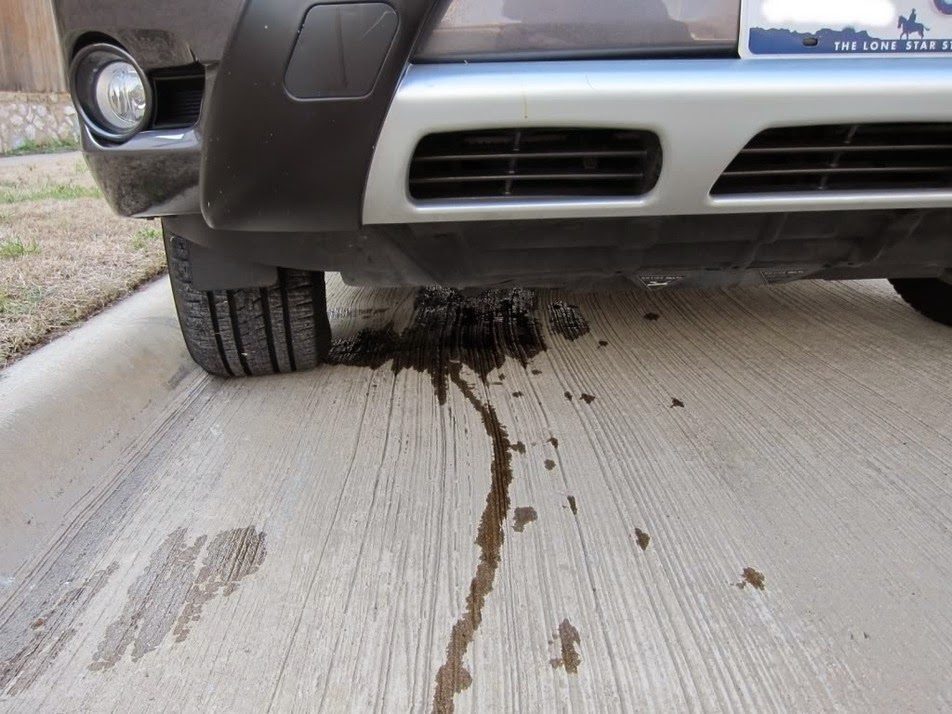How to Clean up After Working on Your Car
“Grease monkey” may be a term of endearment, but no one appreciates a hug from a greasy mechanic. If turning wrenches is a regular part of your life, chances are you’ve been exposed to more than a few messy situations. Working on cars doesn’t just cause grimy hands, it can absolutely demolish your workplace if you’re not careful.
No one likes being caked in road grime and transmission fluid, and if you keep an unclean workspace, you’re only ensuring you achieve this state quicker every time you work. Instead of living a life of filth, follow these suggestions and be a hygienic mechanic.
Clean While You Work
One of the things that makes cleaning up such a chore is that it typically comes at the end of the day. You’re tired, the real job is finished, why not leave the mess for tomorrow and pack it in?
To avoid this situation, address small messes before they pile up. Toss out debris and packaging before it becomes a pile. Think ahead, and place oil-absorbent matting in areas that are likely to see spills. This will make the work lighter at the end of the day.
DIY Oil Cleanup
If you do have a large oil spill to clean up, there are a few methods you can try. Kitty litter makes a good first attempt for smaller oil spills and is cheap enough that you can keep some around in your garage. You might even just happen to have it. Alternatives include talc or carbon products like diatomaceous earth or fuller’s earth.

If you don’t have any of these and are forced to use paper towels, use a blotting technique. Don’t wipe, that will only spread the mess around.
For tougher spills, use dish soap or engine degreaser and hot water. Apply the soap, agitate it with a brush and then let it sit for at least 10 minutes. If that doesn’t work, you can resort to solvents, but use caution as exposure to these can be harmful.
Concrete Treatment
Even after you lift up an initial stain, years of work can discolor your entire concrete floor. Power washing is a great way to restore the original bright appearance of concrete that’s been exposed to the elements. There are even washers that use boiled water to clean extra deep, or you can employ professional cleaners who can polish the concrete using an enzyme wash.
Last but Not Least, Hands
Having a clean workspace at the end of the day is nice, but having clean hands is a must. The amount of grit that gets caked under nails and into crevices requires serious effort to remove. But there are some good tricks to get your digits clean.
Sugar makes a surprisingly good cleaner, just mix it in with some hot water and dish soap to lift up light grease. Make sure to have a small brush around to help scrub and get under your nails, as this can be nearly impossible to do without one.
If things are more serious, you might have to go the distance and resort to a multi-step process. YouTuber Robert DIY has got the hand sanitizing process down to a science, and he’s a self-professed germaphobe, so you know his technique works.
You don’t have to resort to fancy infomercial products to get clean after wrenching on your ride. You can usually do the job with a little know-how and things you’ve got around the house. Now, the next step is training your children to do the post-wrenching cleanup for you. That’s another article…




